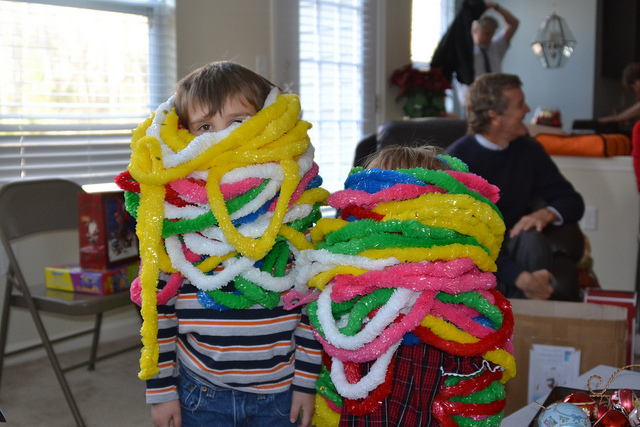Cinderella had a wicked step mother and a fairy godmother. My children will tell you that I can be both.
Thankfully I am far more fairy godmother, but when I’m screaming at them impatiently, being irritable and moody, unavailable or mean, I am like the wicked step mother.
With the stressors of modern life, in a world that is becoming increasingly more complex and confusing, I do at times fail to be an ideal parent. I’m sure you too, have had this experience. And like me, when this happens, you too, feel mortified. As a psychologist who has spent hours studying the effects of negative interactions, I know how damaging it is to scream and lose control. I know how negative experiences or comments stick to our brains like a leech.
Thankfully though, the moments when I become the wicked stepmother have been buffered by loving, caring and meaningful interactions. I like to believe that as long as we are 80 percent good, that is “good enough.” As Donald Winnicott, an English psychoanalyst who practiced in the 1950’s said, “mothers don’t need to be perfect, just ‘good enough.’”
What does good enough mean?
The good enough mother is sensitive to her child’s needs most of the time. She picks up what her child is trying to tell her and responds quickly to satisfy those needs most of the time. For instance, when her baby cries she will know if her baby is hungry, sleepy, uncomfortable, or just wanting attention—and will act with the appropriate response: feeding, putting to bed, changing a diaper, or picking up and holding. She may not get it right all the time but she does so most of the time. This sensitive and quick response builds trust; her child feels that he is well protected and safe in the world. Such trust is the basis of all love.
Sometimes bad is good.
At times of course, the good enough mother, though she deeply loves her child, misreads his needs or fails to respond with immediate and unconditional urgency. She is, after all, human and at times struggles with impatience, anger and resentment, especially with older children. By the time they get to their teens—forget it! She is often frustrated with their behavior and attitudes and she does not always deal with the issues as gracefully as possible.
Is this failure to be sensitive bad? Not at all. In fact, a parent’s mini failures are actually considered crucial for a baby’s healthy development as they create opportunities for the infant to learn to self-sooth and develop coping skills for life. As they grow up, they realise that we are imperfect and don’t know everything. In fact they usually think the converse is true.
Psychologist John Gottman says we need five positive to one negative for a healthy, solid and good relationship. We get this not with the one big birthday party or outing with our children, but by accumulating lots and lots and lots of simple and pleasurable experiences. Your relationship with your children is like a money box: if you keep it in full (with positive interactions), the occasional withdrawal (negative interaction) won’t dent the box.
Repairing the damage:
What can we do to repair the damage after we’ve been “imperfect?”
>>> Saying “I’m sorry.”
>>> Spending quality and quantity time with them.
>>> Telling them and showing them that we love them.
>>> Making certain that our positive interactions outweigh the negative to counteract the negative bias in our brains.
What we can do to stay “good enough?”
>>> Work on becoming mindful, well rested and nourished so that we can be calmer and more resilient.
>> Work on self-compassion and reminding ourselves that to err is to be human.
In summary, even the best parent is imperfect. We need to remind ourselves, that to raise a caring and resilient child doesn’t take perfection—it only takes only being good enough. Failing some of the time, but responding sensitively most of the time builds basic trust and a sense of security in our children. And that is good enough.
Author: Lynne Woolfson
Editor: Catherine Monkman
Photo: Tony Alter/Flickr







Read 31 comments and reply